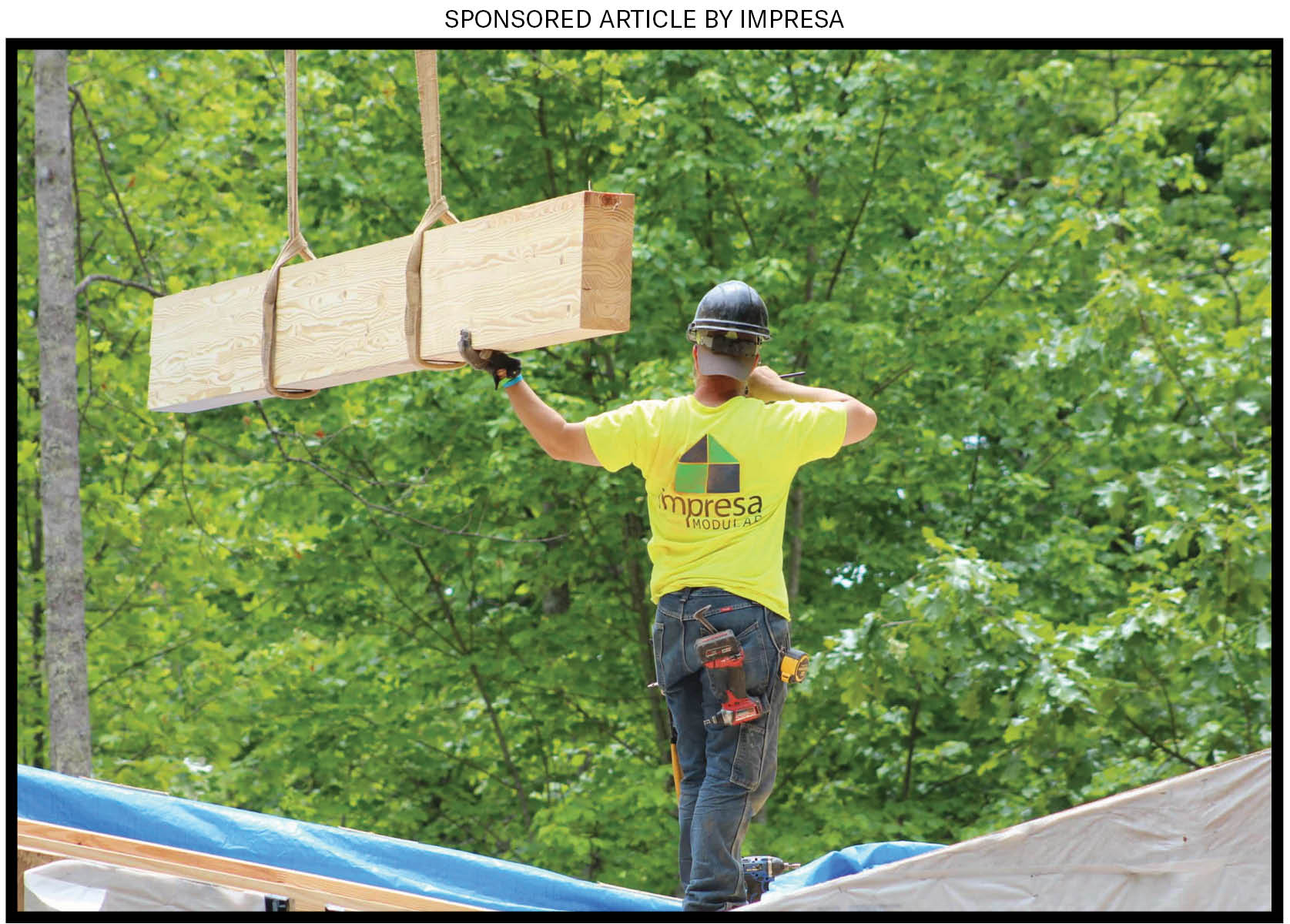Trends and Facts About General Contractor Franchises
General contractor franchises offer construction, renovation, and repair services to homeowners, commercial clients, and property managers. As housing demand, aging infrastructure, and natural disaster recovery needs increase, general contracting services remain essential across residential and commercial markets.
- Home Improvement Spending Continues to Rise – Homeowners are investing in kitchen remodels, additions, and structural upgrades at record levels.
- Aging Housing Stock Requires Repairs – Older homes often need foundational work, plumbing/electrical updates, or structural fixes.
- Commercial Renovations & Maintenance Are Ongoing – Businesses, HOAs, and landlords require regular improvements and tenant buildouts.
- Insurance Work and Disaster Recovery Create Steady Demand – Franchises involved in storm, fire, and water damage restoration often receive insurance-funded jobs.
- Customers Prefer Professional Oversight – Clients are increasingly hiring licensed contractors for project management, permits, and code compliance.
Advantages of General Contractor Franchises
These franchises offer high revenue potential, broad service capabilities, and access to both residential and commercial markets:
- High-Ticket Project Revenue – Remodeling, structural repairs, and insurance jobs can range from thousands to hundreds of thousands per project.
- Recurring B2B Opportunities – Commercial contracts, HOAs, and property managers generate repeat business and long-term partnerships.
- Scalable Labor Model – Franchisees can manage subcontractors rather than employ large internal crews, allowing flexibility and scalability.
- No Storefront Required – Most general contractor franchises are operated from a home office or small admin space, reducing overhead.
- Franchisor Support with Estimating, Compliance & Marketing – Many brands provide quoting tools, vendor discounts, legal templates, and lead generation systems.
The Initial Investment and Opening Costs for General Contractor Franchises
Startup costs are relatively modest for a service-based business, with major expenses tied to licensing, marketing, and technology. Here’s a general breakdown:
- Franchise Fee: Typically ranges from $30,000 to $50,000.
- Licensing, Permits & Insurance: Contractor’s licenses, bonding, and general liability insurance usually cost $5,000 to $15,000.
- Technology & Estimating Software: CRM platforms, job estimating, and project tracking tools typically cost $5,000 to $15,000.
- Vehicle & Tools (if needed): Branded vehicles and essential tools may cost $10,000 to $25,000 depending on the model.
- Training & Certifications: Industry certifications, franchisor onboarding, and local compliance may cost $5,000 to $10,000.
- Marketing & Launch Campaigns: Branding, lead generation services, and digital ads typically range from $10,000 to $25,000.
Total startup investment typically ranges from $100,000 to $200,000, depending on services offered, local licensing, and territory size.
How to Choose the Right General Contractor Franchise
Choosing the right general contractor franchise depends on your construction experience, territory needs, and preferred client focus. Consider:
- Residential vs. Commercial Focus: Some franchises specialize in home remodeling, others in commercial tenant improvement or insurance restoration.
- Owner Background: Many franchises prefer or require prior construction or project management experience.
- Labor & Subcontractor Management: Understand how much labor is performed in-house versus outsourced, and the systems for managing crews.
- Service Specialization: Determine whether the brand focuses on roofing, interiors, kitchens/baths, or whole-property remodeling.
- Franchisor Tools & Territory Support: Look for brands offering construction tech, quoting software, vendor relationships, and compliance guidance.
If you’re experienced in the trades or ready to lead project-based teams in a high-demand industry, a general contractor franchise provides a profitable and scalable route into the construction and renovation market.


